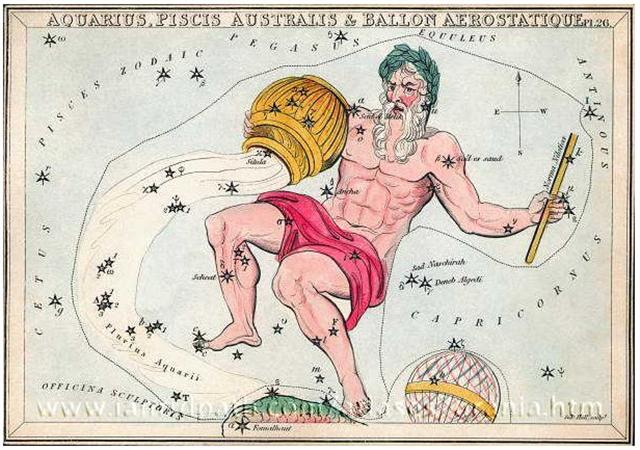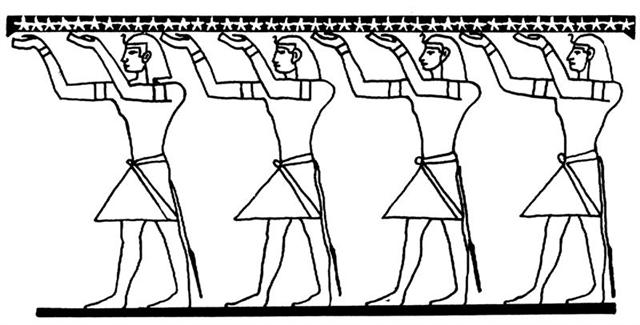'I'a is the general name for fishes,' Pratt notes in his Samoan dictionary, 'except the bonito and shellfish (mollusca and crustacea).'
We may forgive the inaccuracy of the biology in our gratitude for the former note. The bonito is not a fish, the bonito is a gentleman, and not for worlds would Samoa offend against his state. The Samoan in his 'upu fa'aaloalo has his own Basakrama, the language of courtesy to be used to them of high degree, to chiefs and bonitos.
One does not say that he goes to the towns which are favorably situated for the bonito fishery; he says rather that (funa'i) he goes into seclusion, he withdraws himself. He finds that the fleet which is to chase the bonito has an honourable name for this use, that the chief fisher has a name that he never uses ashore. He will not in so many words say that he is going to fish for bonito, he says that he is going out paddling in the courtesy language (alo); he even avoids all chance of offending this gentleman of his seas by saying, instead of the blunt vulgarity of the word fishing, rather that he is headed in some other direction (fa'asanga'ese).
He does not paddle with the common word but with that (pale) which he uses in compliment to his chief's canoe. He will not so much as speak the word which means canoe; he calls it by another word (tafānga), which may mean the turning away to one side.
In this unmentioned canoe he may not carry water by its common name, he must call it (mālū) the cool stuff. He will not mention his eyes in the canoe; he calls his visor (taulauifi) the shield for his chestnut leaves.
Even the word for large becomes something else (sumalie) in this great game. The hook must be tied with ritual care; it is called (pa) out of the common name for hook; no bonito will take a hook which has not been properly tied; the fastening is veiled under the name (fanua) for the land.
There are many rules to observe; their disregard is called (sopoliu) the stepping over the bilges, from the most unfortunate thing that the fisher can do. He may hail the bonito by his name (atu), or he may call him affectionately or coaxingly (pa'umasunu) old singed-skin.
If he has the fortune to hook his bonito he must raise the shout of triumph, Tu! Tu! Tu e!, not his whole name but one of its syllables; he triumphs as over a foe honorably slain in combat, but he avoids hurting the feelings of the other gentlemen of the sea.
The first bonito caught in a new canoe he calls (ola) life; the first bonito caught in any season bears a special name (ngatongiā), of uncertain signification, and he presents it to his chief. His catch he reckons by a special notation; to his numerals he adds the word (tino) body; he counts them as one-body, two-body, three-body.
Parts of the gentleman have specific names of their own; his fins (asa) and his entrails (fe'afe'a) are called in terms nowhere else employed; the tidbit of the belly part, which the fisher must give to his chief, is called (ma'alo) by the honorific title of the chief's abdomen.
And if the rites were not duly observed, if the hook was not rightly tied, if the fisher was so incautious as to mention his eyes, if one of a hundred faults was committed and the fishing was in vain, then the fisher acknowledged his ill success abjectly by saying that (maloā) he was conquered.
Such is the language Samoans use to the gentleman of the seas, and he is not i'a.
(William Churchill, The Polynesian Wanderings.)













